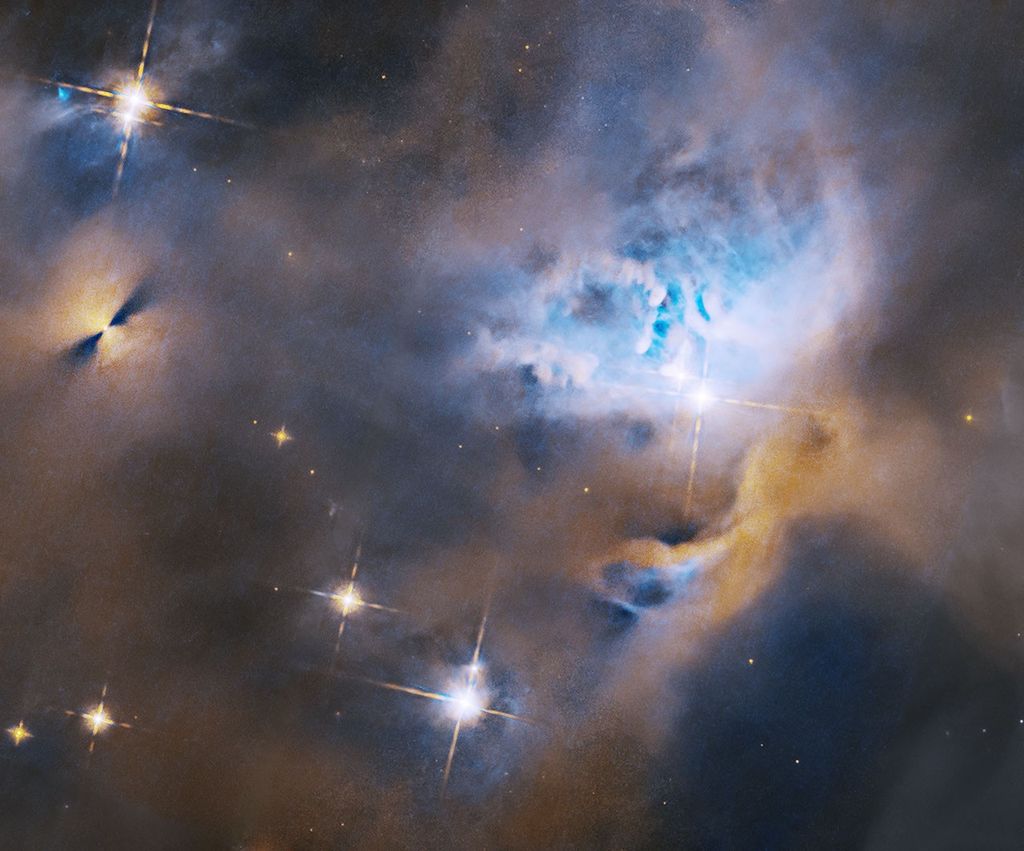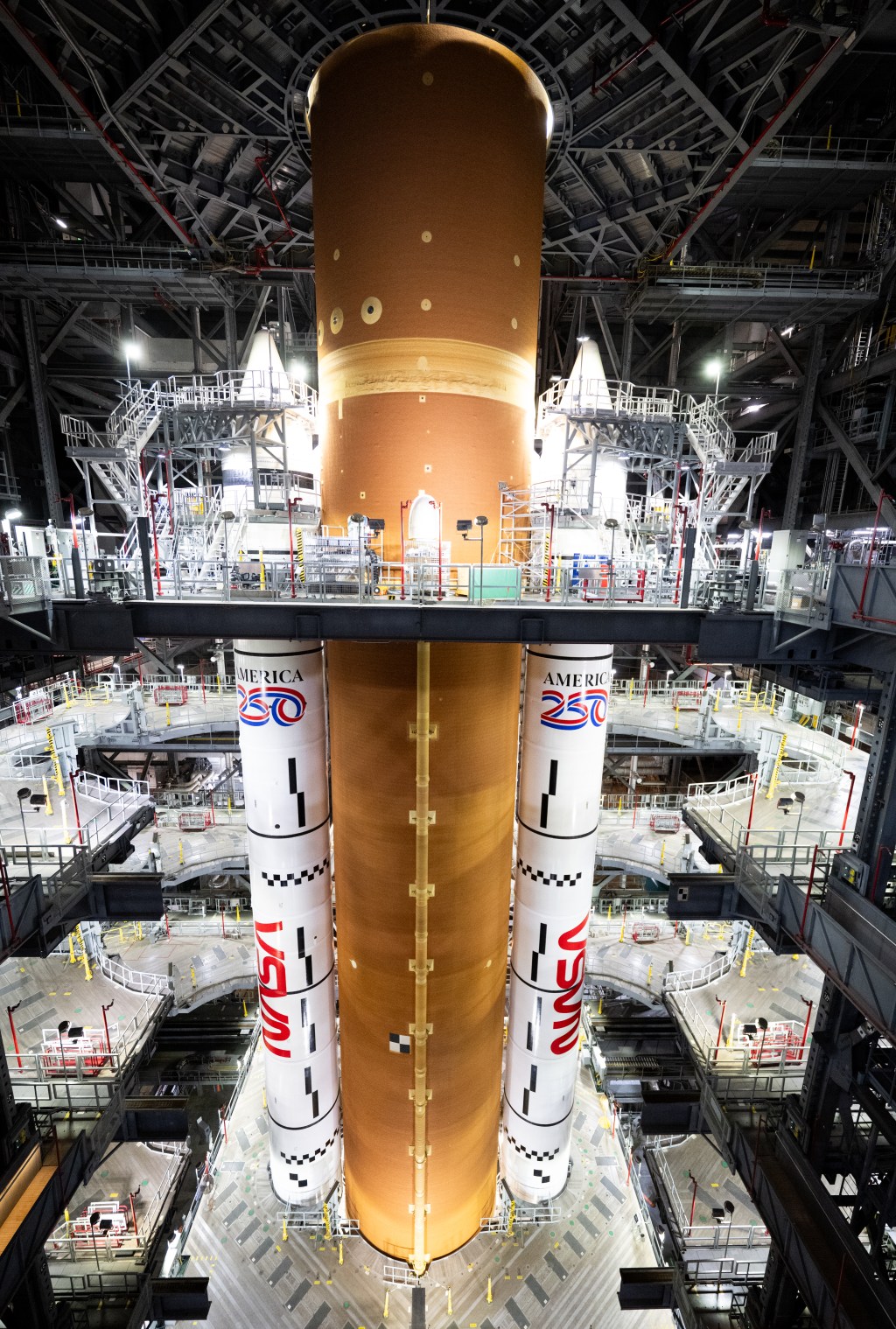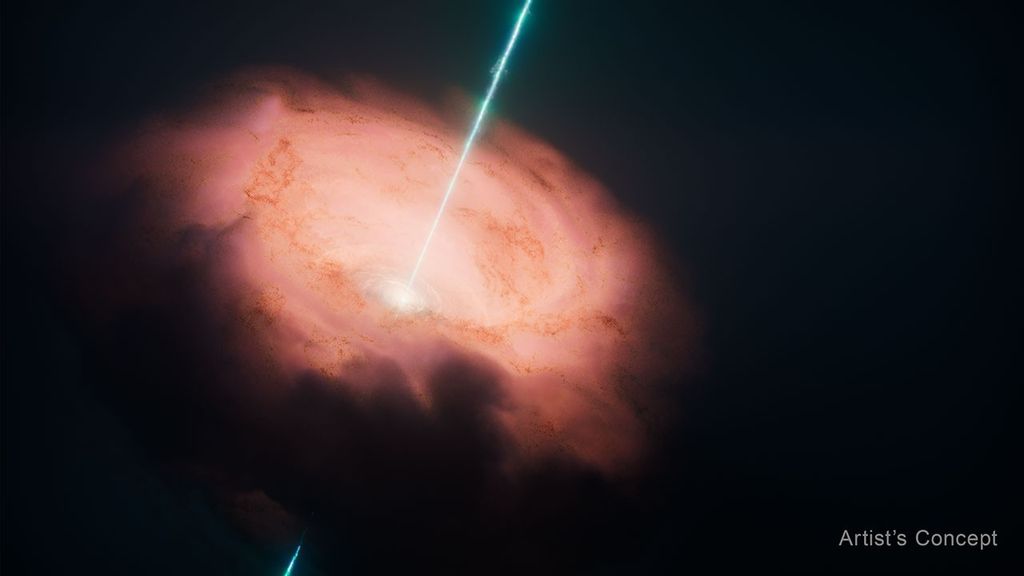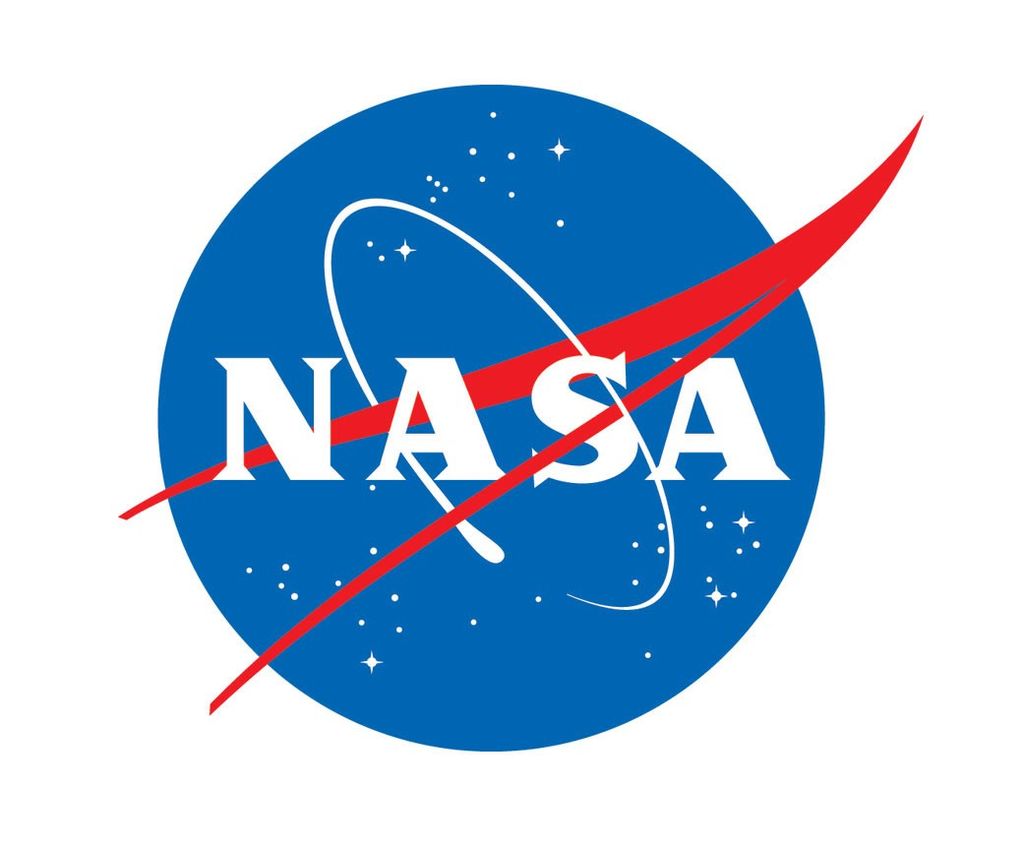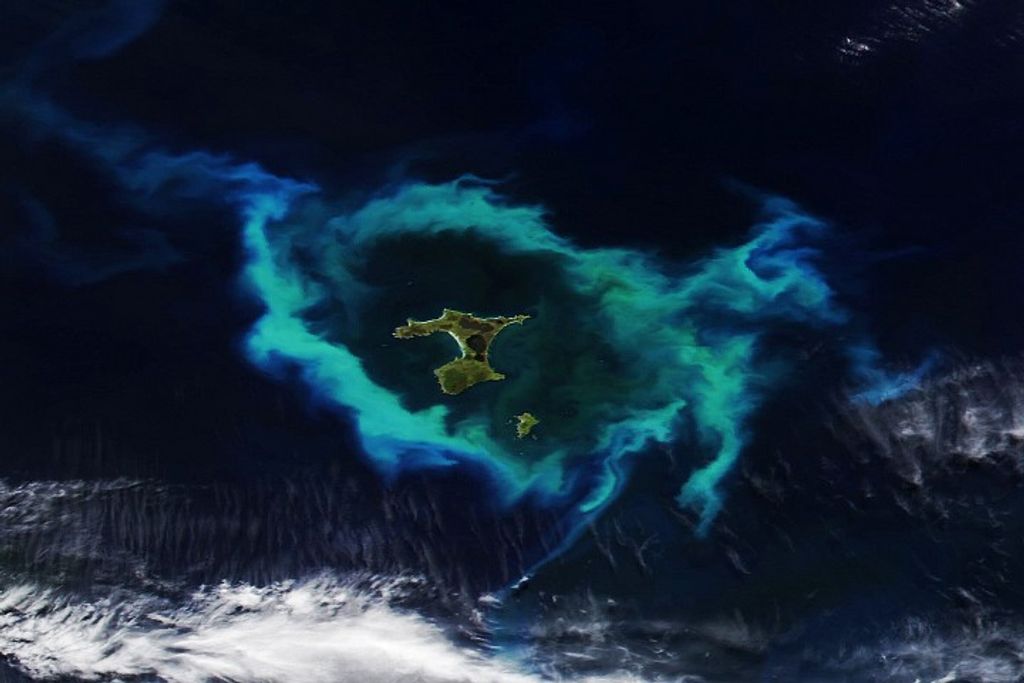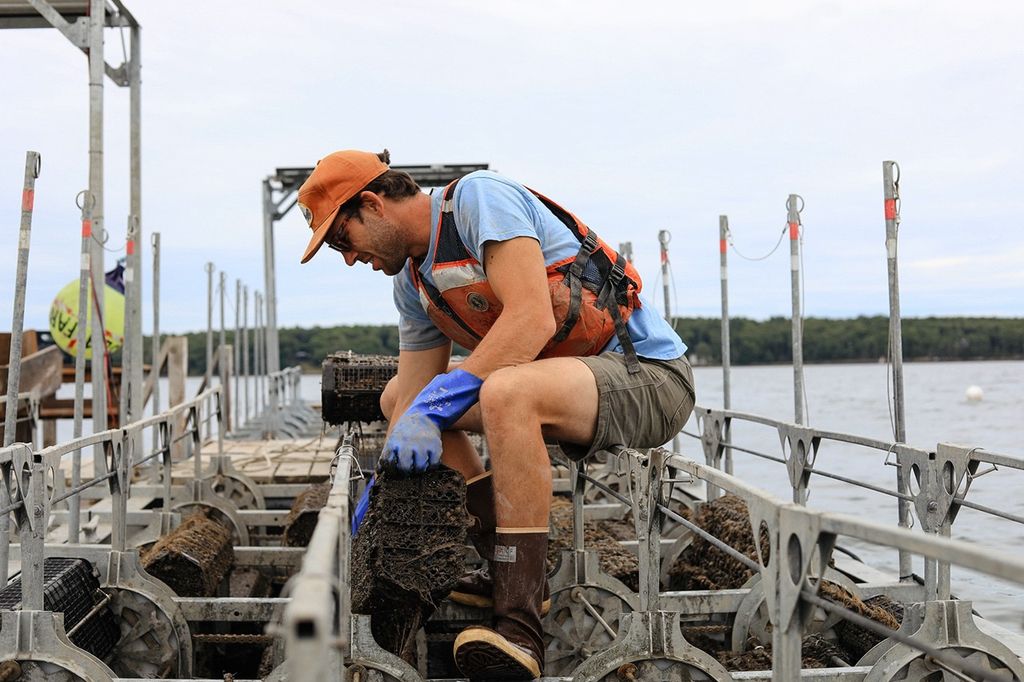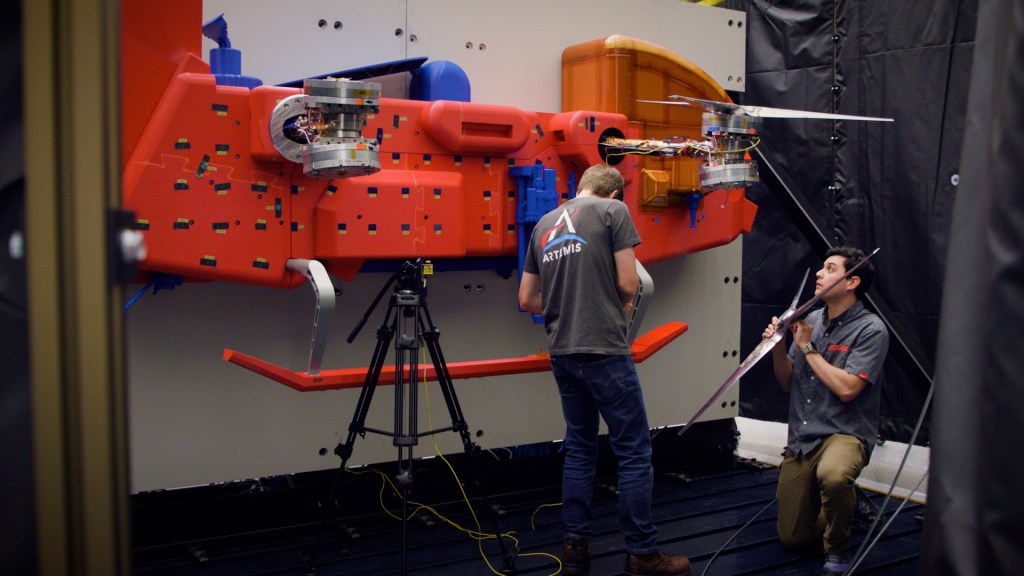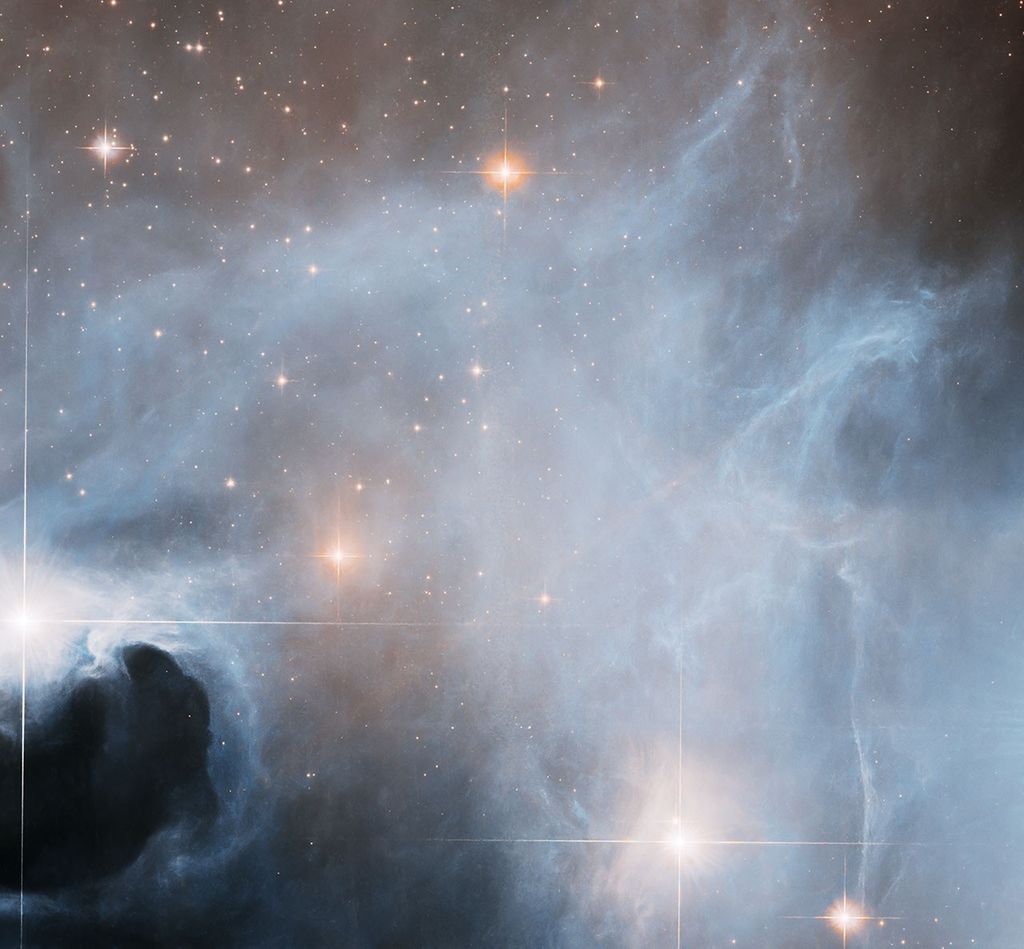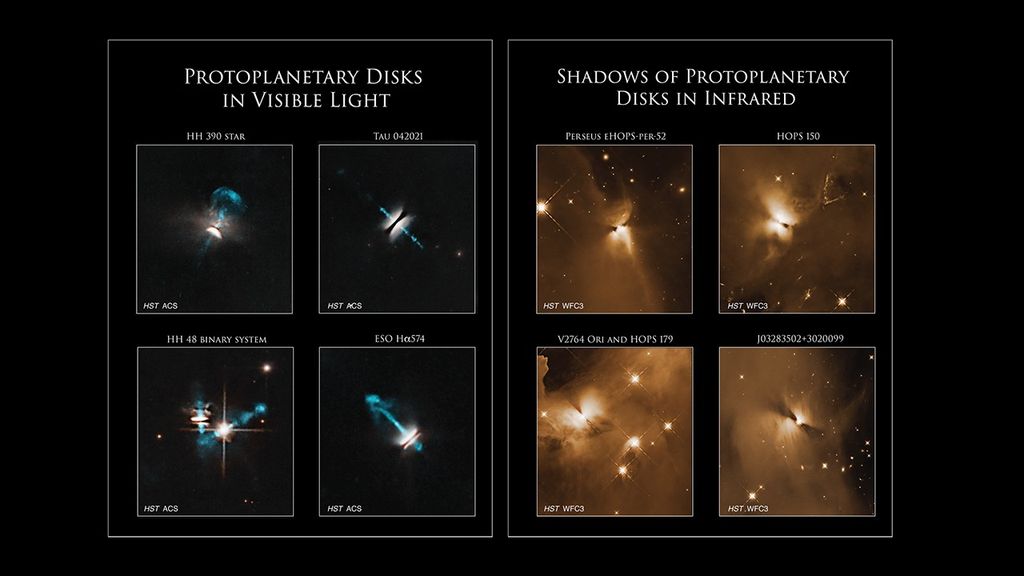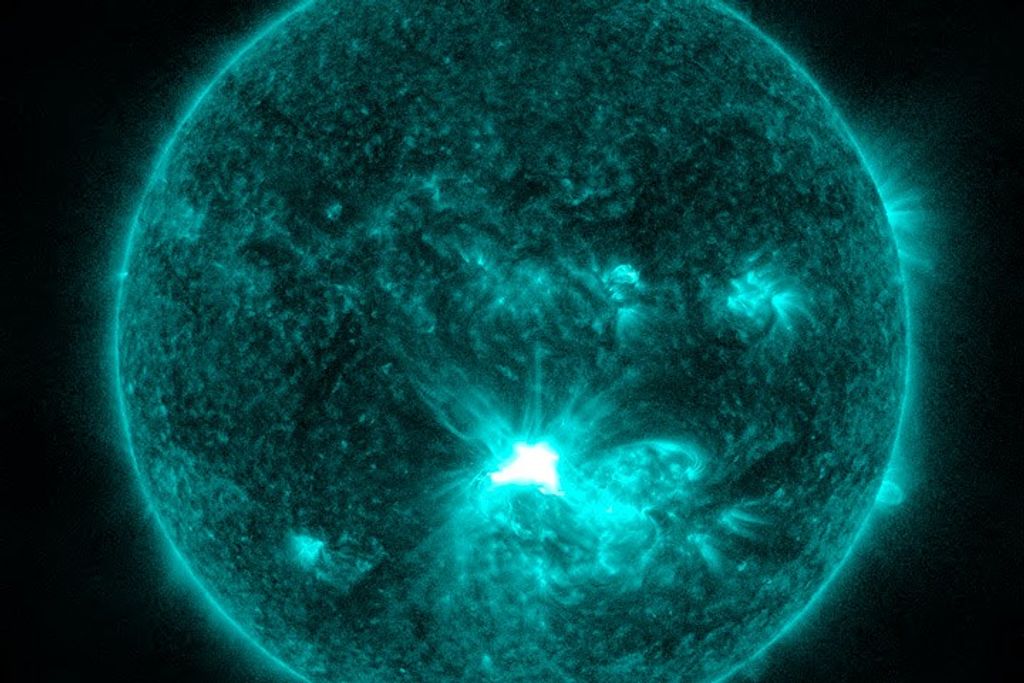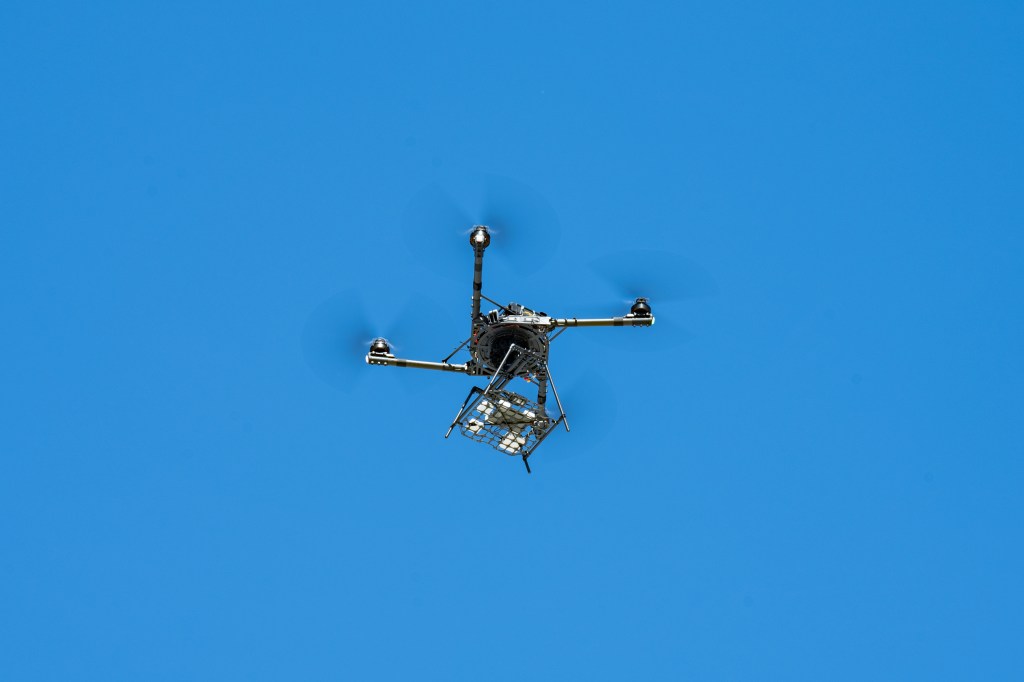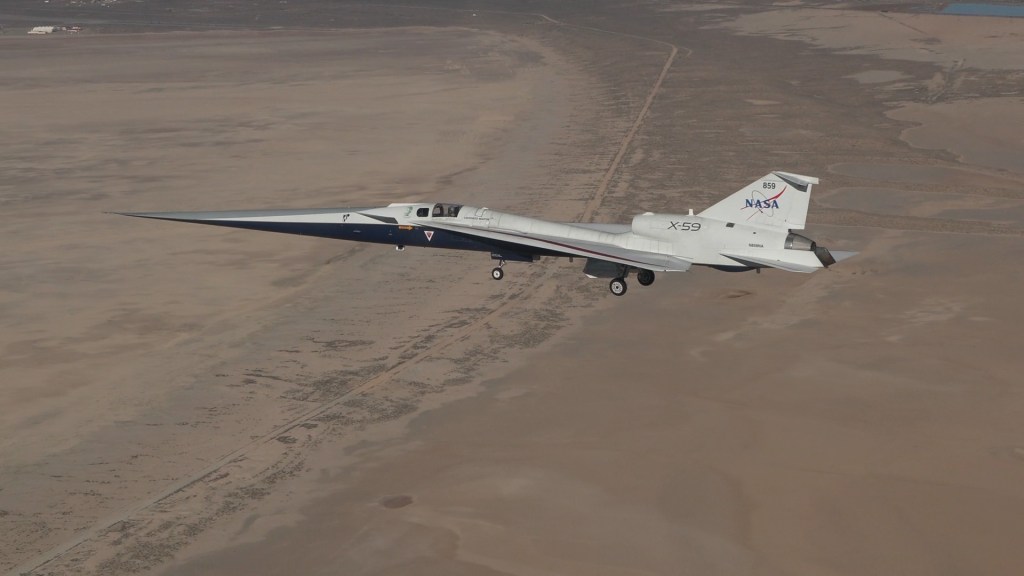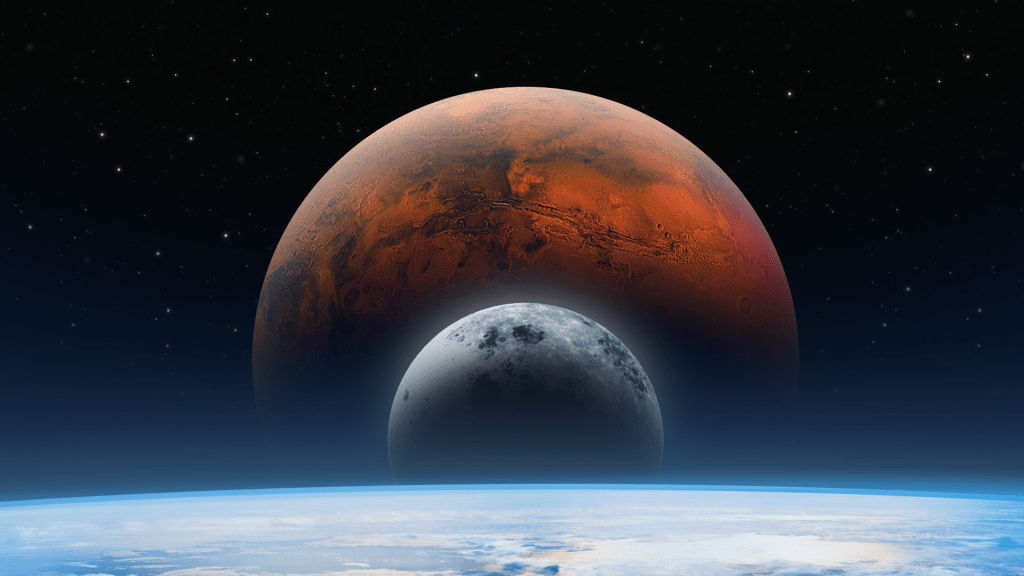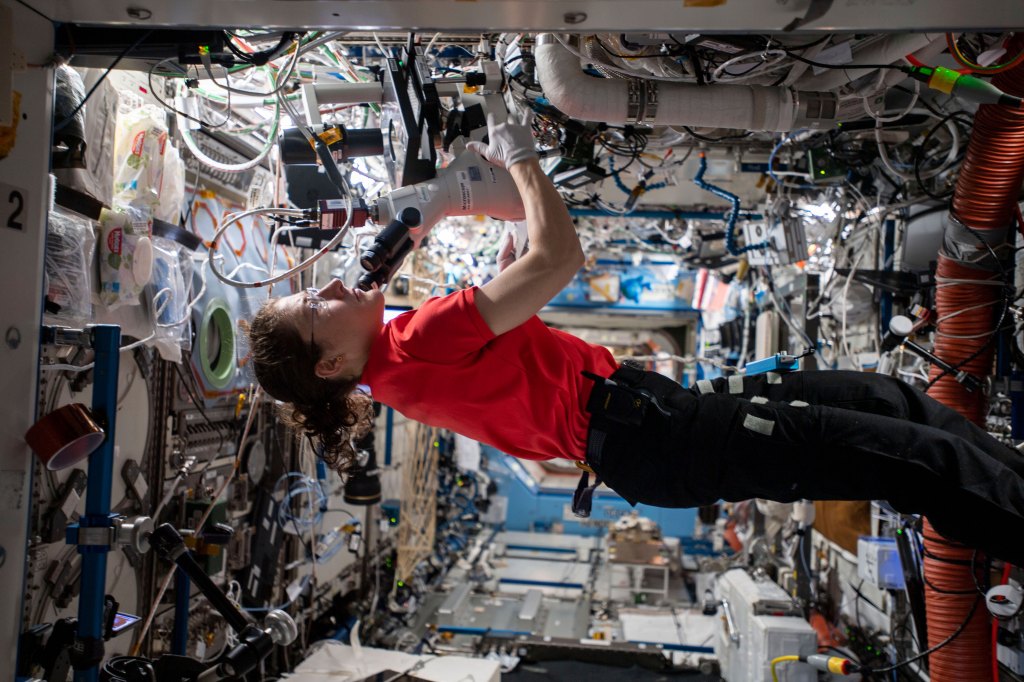Heliophysics 2050 Workshop
In order to help the science community prepare the most impactful input to the decadal process, NASA, NSF, and NOAA are supporting community-led discussions that can lay the groundwork for a multi-decadal science strategy that advances and expands the field of solar and space physics.
The central focus of this preparation is the Heliophysics 2050 Workshop, augmented by medium-group discussions that lead up to and follow from the all-community event.
Heliophysics 2050 Workshop
The Heliophysics 2050 Workshop is an activity to help the community prepare for the next Solar and Space Physics Decadal Survey, but it does not preempt or prescribe that Decadal Survey. It is expected that there could be topics not discussed in the Workshop that are discussed in the Decadal Survey, or that a topic discussed in the Workshop might not appear in the Decadal Survey.
For up-to-date information on the Heliophysics 2050 Workshop logistics and deadlines, please visit the LPI Workshop website.
NASA, NSF, and NOAA are working together to enable the Heliophysics 2050 Workshop–a community-driven event to examine long-term goals as well as helping the community prepare for the next Solar and Space Physics Decadal Survey.
The workshop took place the week of May 3, 2021 and was conducted on a fully virtual platform. Due to the COVID-19 public health situation, any in-person venue would limit attendance to the point of negatively impacting community participation.
The workshop will examine current scientific understanding and what near-term investigations can enable and inform future investigations. These investigations will cover the range of work from basic research to operational efforts and would be agnostic to their mode of execution (e.g., theory, observations, spaceflight missions). This will enable the next Decadal Survey to lay out a long-term science strategy: What does Heliophysics look like in 2050, and what do we do in the next decade to help us get there?
This workshop focused on discussing a strategic, multi-decadal science framework for solar and space physics. The community's discussions are intended to contribute to a cohesive science strategy that will support the ability to:
- Identify essential science investigations necessary for major advancements in solar and space physics.
- Use the desired investigations to identify the research and capability development needed to meet the requirements of these missions.
- Recognize research needed in the next decade to prepare for the long-term research goals.
- Recognize work needed to ensure a pipeline from basic research to pre-application research and then into operational needs, including the operations-to-research loop that strengthens forecasting and other predictive capabilities.
A Science Organizing Committee (SOC) was formed from community members to help manage the workshop. The SOC helped organize the workshop schedule, including planning the sessions, sorting the abstracts, and managing the workshop discussions. Short community white papers were used to plan the workshop sessions and to focus those discussions. See the Helio2050 webpage for more information.
As part of workshop preparation, short community white papers will be solicited. Those white papers will be used to plan the workshop sessions and focus those discussions. See the Helio2050 webpage for more information.
Further information on the Heliophysics 2050 Workshop will be released via community announcements. Please contact Jared Leisner with any questions.
Pre- and Post-Workshop Community Discussions
The Heliophysics 2050 Workshop is an activity to help the community prepare for the next Solar and Space Physics decadal survey. To maximize the impact of the Workshop, members of the community are encouraged to engage in additional discussions with the goal of the more effective input to the decadal survey.
To augment the impact of the Heliophysics 2050 Workshop on the community’s pre-decadal preparation, NASA is supporting additional opportunities for community coordination.
- Before the Workshop, NASA is encouraging medium-sized group discussions so that the Workshop discussions are as productive from the onset as possible.
- After the Workshop, NASA is encouraging splinter discussions that can take threads that arise at the Workshop and further develop them as part of decadal survey white paper preparation.
NASA especially encourages discussions on interdisciplinary science, science that expands the field of heliophysics, a coherent pipeline from basic research to operational activities, and state of the profession topics.
A webpage is currently under development to identify how to participate in the discussion groups, how to volunteer to organize a new discussion group, and what information the groups have produced.
Further information on these Community Discussions will be released via community announcements. Please contact Jared Leisner with any questions.

